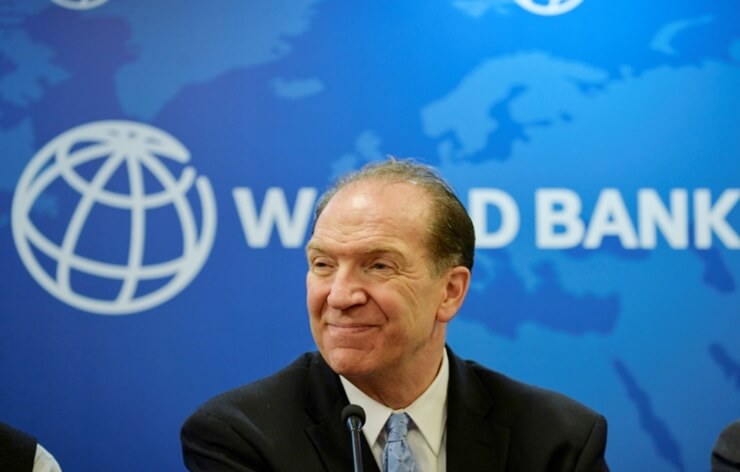The administration of former US President Donald Trump in 2019 elected Malpass, then US Deputy Secretary of the Treasury, as President of the World Bank for a five-year term. The United States, as the main source of funds for the bank, usually makes the final decision when choosing the president of the World Bank. The administration of President Joe Biden retained Malpass. But support for Malpass's continued presence, both in Washington and among other Western participants, was undermined in September 2022 when he refused to say during a public event whether he agreed that burning fossil fuels is a critical driver of climate change.
Malpass today defended his tenure in his resignation letter, noting that the World Bank, under his leadership, more than doubled climate lending to developing countries to a record $32 billion last year.But many governments and advocacy groups attending the UN Cop 27 Climate Summit in Egypt last year found Malpass's funding and commitment to climate finance to be insufficient.
U.S. Treasury Secretary Janet Yellen today praised "significant recent achievements" in climate finance led by Malpass, but added that “we must all continue to raise our collective ambition to fight climate change."
The Biden administration will nominate a candidate for the post of head of the World Bank, "who will continue the vital work we are doing to develop multilateral development banks to better meet the challenges 21st century,” Yellen said. “This includes expanding our capacity to tackle climate change, improve public health, and address conflict and instability in an effort to end poverty and promote prosperity.”




